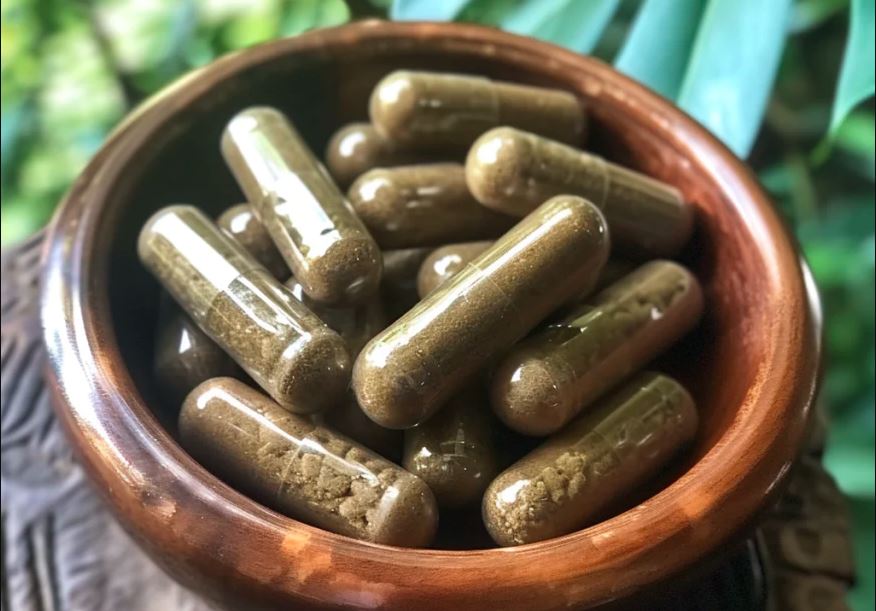Green tea has many health benefits that you may not know about. These benefits include lower blood pressure and cholesterol as well as a lower risk of developing cancer. You can also increase your energy levels with this beverage. This beverage is a great way to increase your energy levels.
Lowers your risk of developing cancer
The promising results of research into the prevention properties of green tea have been revealed. Researchers found that regular consumption of green tea significantly decreased the risk of developing breast cancer. Nizagara 100 and Vidalista 80 mg are good choices for men with erectile issues.
Green tea consumed in excess of three cups per day can significantly lower the chance of developing cancer. These studies show that green tea may help prevent cancer by inhibiting the growth of cancer cells.
Researchers found that green tea consumption reduced the risk of certain cancers such as breast cancer, liver cancer, and endometrial cancer.
The effects did not appear to be consistent across all types of cancer and study populations. It is important to conduct larger observational studies in order to determine if green tea consumption reduces the chance of developing cancer.
Reduce cholesterol
Tea is a popular way of lowering cholesterol. It has been shown to reduce bad cholesterol levels. It lowers total cholesterol.
Both black and green teas contain catechins which are antioxidants. Drinking tea can lower cholesterol levels by as much as 3%
Researchers found that green tea consumption had a significant effect on lowering total cholesterol, low-density lipoprotein cholesterol and triglycerides in a meta-analysis of 31 trials.
There was no evidence of a clear effect on high-density lipoprotein cholesterol or TC. Further research is required to determine the effects green tea has on cholesterol levels, long-term safety and the best dosing range.
Lower blood pressure
Tea is a great way of lowering blood pressure. L-theanine is a compound found in tea that has been shown to lower blood pressure. It has a soothing effect.
Research has shown that tea drinking can reduce stress and anxiety. Despite the limitations of the study, the results were promising.
Green tea contains caffeine but it is safe to consume small quantities. You can drink as many as eight cups of green tea per day.
While there have been numerous studies that show green tea can lower BP in some instances, the data are not conclusive.
Green tea has been shown to reduce both diastolic as well as systolic blood pressure in some trials, but not all. The results may also have been affected by study quality differences.
Lowers blood sugar levels
Lentils are rich in nutrients and can help with blood sugar control. Lentils are rich in lean protein, fiber, and B vitamins. They are also inexpensive and simple to prepare.
It is important to choose whole, high-quality foods over refined or processed.
It’s important to eat real food and engage in physical activity. Exercise prevents glucose accumulation in the bloodstream and improves cholesterol and blood pressure. It can also help you lose weight.
Insulin sensitivity increases
It can help lower the risk of developing type 2 diabetes. It can also lower the risk of developing cardiovascular disease.
These diseases are leading causes of death globally, so reducing the risk is an important goal. This study looked at the effects of green tea on insulin and glucose sensitivity in rats.
The rats were divided into two groups. One group was fed a standard diet while the other received daily green tea.
A meta-analysis found that tea reduced fasting glucose levels and HbA1c in humans. These results were even more impressive in trials that involved higher levels of catechins.
Heart disease risk is lower
Heart disease is the leading cause of death in America. Many people can reduce their risk. It is possible to make lifestyle changes such as quitting smoking, which can help lower cholesterol and improve your health. It has been proven that quitting smoking can reduce your risk of having a heart attack.
Smokers are at twice the risk of having heart attacks than non-smokers. It is therefore important to quit smoking. A low-cholesterol diet can help you avoid serious complications.It is important to choose whole, high-quality foods over refined or processed.



